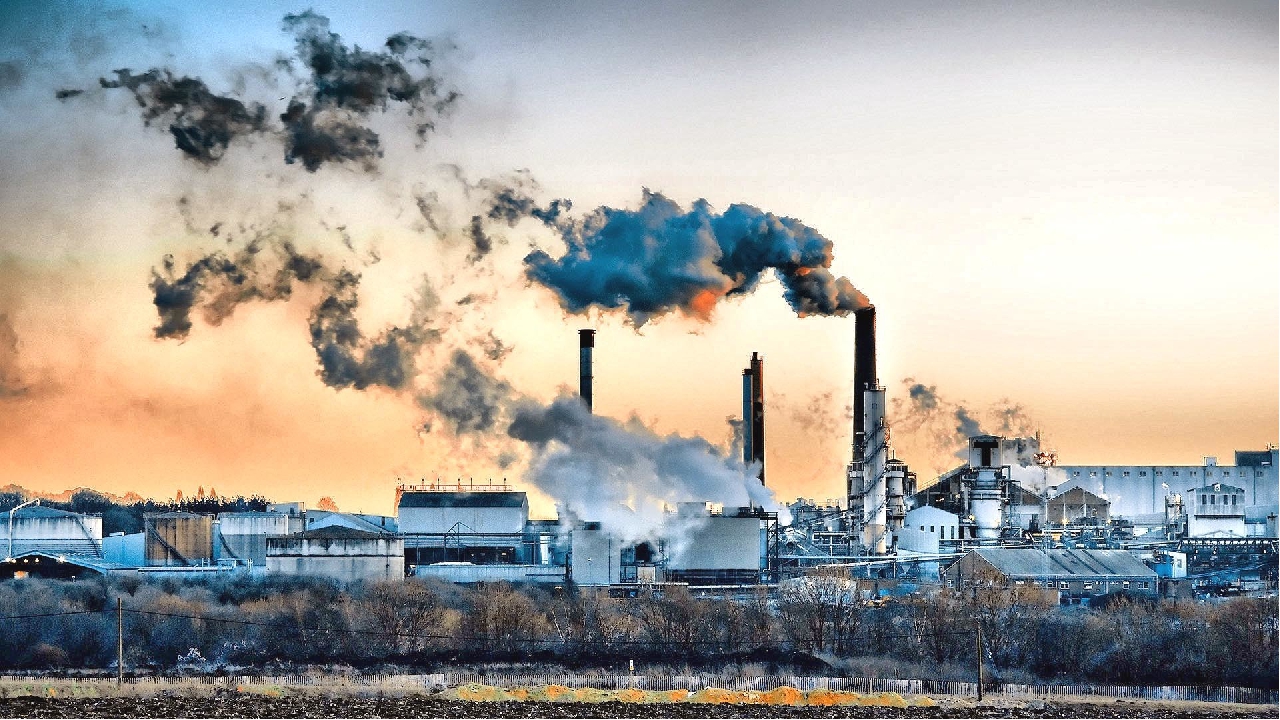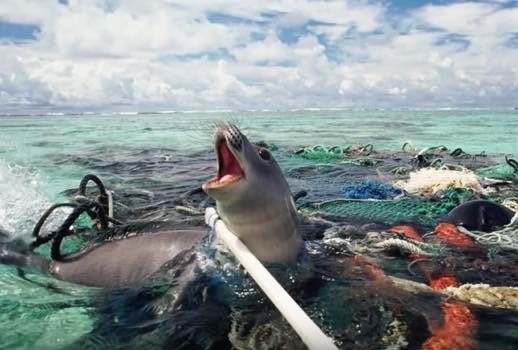
Paper is biodegradable which means zero waste right?
Paper = 70% more pollution from production
Paper = 80% more greenhouse gases
Paper = 50x more water pollutants than plastic
As mindfulness about plastic consumption grows, consumers are actively seeking a more environmentally-friendly alternative. Single-use plastic bags come with a host of detrimental side-effects: they clog storm drains creating hazardous floods during monsoon season, they cause animals’ deaths if accidentally ingested, and they are being found in alarming numbers in our oceans. Environmentalists and activists are urgently seeking alternatives to the plastic bag in the wake of dozens of reports signaling the near immortality of plastics. One plastic bag can take up to 1000 years to break down, degrading into tiny microplastics that will exist forever.¹
Paper is quickly becoming the alternative of choice to plastics. Paper bags especially are becoming more widely used and are flouted as being the environmentally-friendly choice for consumers. But how environmentally friendly are they really?
According to an Australian report comparing shopping bag alternatives, the disheartening truth is that paper might just be worse for the environment than plastic.² The production of paper bags results in 70% more pollution than the production of plastic, 80% more greenhouse gases, and 50 times the amount of water pollutants.³ Moreover, paper bags are created by cutting down trees that could otherwise be absorbing the already excess amounts of carbon dioxide in the atmosphere.
- More Pollution 70%
- More Green House Gases 80%
- More Solid Waste 80%
- More Water Pollutants 100%
Unfortunately, the promised recycling benefits of paper don’t stack up either. Paper recycling is incredibly inefficient- one recycled paper bag requires more energy than it would take to make a new bag. Paper bags produce 80% more solid waste than plastics, and sadly their biodegradable advantages do not outweigh the disadvantages- reports indicate that it takes paper bags nearly as much time to degrade in landfill as a plastic bag.³ The straw debate reaches a similar conclusion. Paper straws are costly and environmentally taxing to make and are likely to end up in landfill just as their plastic counterparts where they do not biodegrade amongst the tonnes of waste.
Environmentalists are unlikely to find a miracle replacement for plastic bags. Like paper, any substitute material will inevitably carry its own set of disadvantages that are ultimately more harmful to the planet (such as the case with biodegradable plastic bags.⁴ In the search for alternatives, we are missing the point entirely. It is not the material causing so much environmental destruction- it is the habit itself.
Convenience has ruled supreme since plastics first hit the market in the late 1960’s. Single-use plastics and papers have proved themselves to be some of the most environmentally destructive man-made creations in history. The products that we use once and throw away make up the bulk of garbage currently swirling in the Great Pacific Garbage Patch and the items being found inside the stomachs of hungry marine life. Single-use plastic forks, spoons, straws, bags, cups and more are the pillars of convenience, and this lifestyle is polluting the planet at a frightening rate.

What we all need to change is the deeply ingrained habit of using a product once and throwing it away, no matter what material it is made of. Thankfully, reusable products are on the rise and even in Saigon is it easy to get your hands on reusable products such as straws, bags, containers, and to-go cups made of glass, aluminum or bamboo, one of the most sustainable resources on the planet. Every consumer needs to adapt more sustainable practices and forgo any single-use items in their lives, regardless of whether it is made of plastic or paper.
The dilemma over plastic vs paper bags could potentially be solved by creating a reusable bag that is entirely made of recycled single-use plastics. Human beings are ingenious and hopefully we can invent our way out of this global pollution crisis in the same manner we brought ourselves into it.

Hello. If the comparison was made by how many times it is used the paper bag vs plastic bags? For example, I put my bread in the same paper bab maybe 10 or 20 times before it goes to recycling. So, when you take this into consideration – the life cycle of the paper bag – then, does not outweight the plastic bags?
In a world that can seem overwhelmed by potentially eternal plastic waste, are biodegradables the ultimate solution? Probably not. But it’s complicated. The industry is still debating what “biodegradable” actually means. And some plastics made of fossil fuels will biodegrade, while some plant-based “bioplastics” won’t.